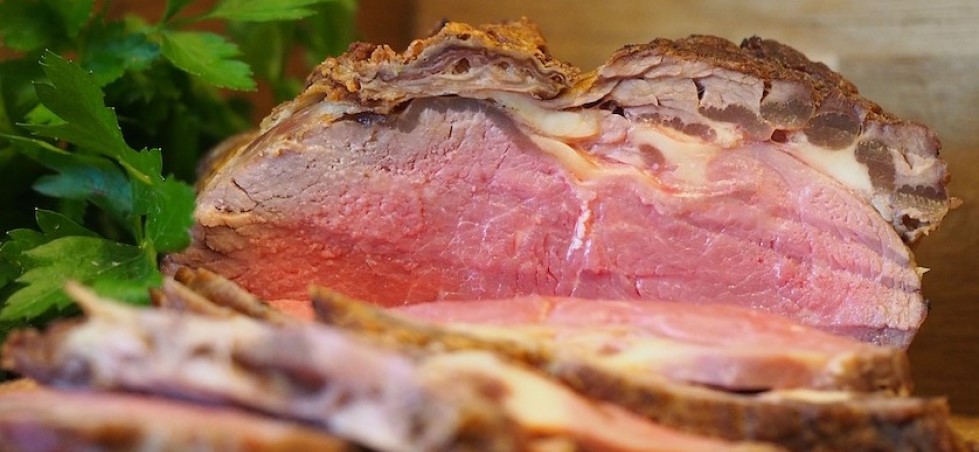A ban on British beef imports of cattle under 30 months of age came into effect on 29th September, according to a statement made by the Chinese Administration of Customs.
Last month, Bovine Spongiform Encephalopathy (BSE) was found on a farm in Somerset, according to the UK’s Animal Plant Health Agency (APHA).
The news comes as China has yet to restart buying beef from the United Kingdom after agreeing in 2019 to lift a ban on British beef imposed in the 1990s. In 2019, the UK government said that lifting the ban would be worth £250 million to British producers over the next five years.
A spokesperson for the British Meat Processors Association (BMPA) said: “Although there are currently no exports to mainland China this is a setback for exporters that were planning to ship product. And, it is unclear at this stage whether this is the extent and/or nature of the suspension, or whether it is a full withdrawal which may require a more complex procedure for re-approval.
“While it is disappointing that we have had one case at a time when, as a country, we were so close to be being able to be classified as BSE negligible risk status, it does prove that our food supply chain surveillance systems work in this country.
“The beef industry has done a fantastic job of eradicating BSE and people can take reassurance from the fact that there are rigorous surveillance schemes in place to maintain food safety as has been demonstrated in this instance. The industry will continue to work hard to attain BSE negligible risk status.”
China has also suspended imports of beef from Brazil, a top supplier, in early September after Brazil reported two cases of BSE.









